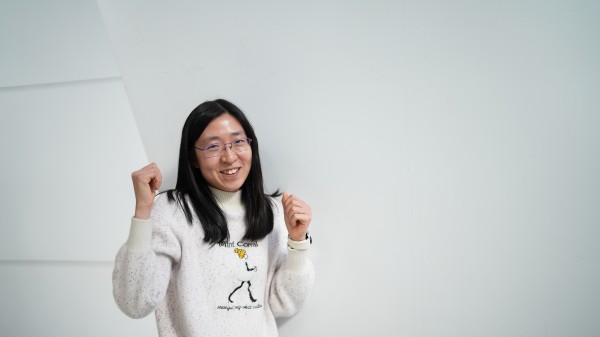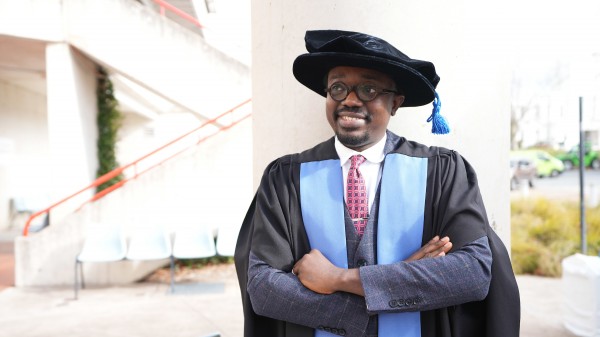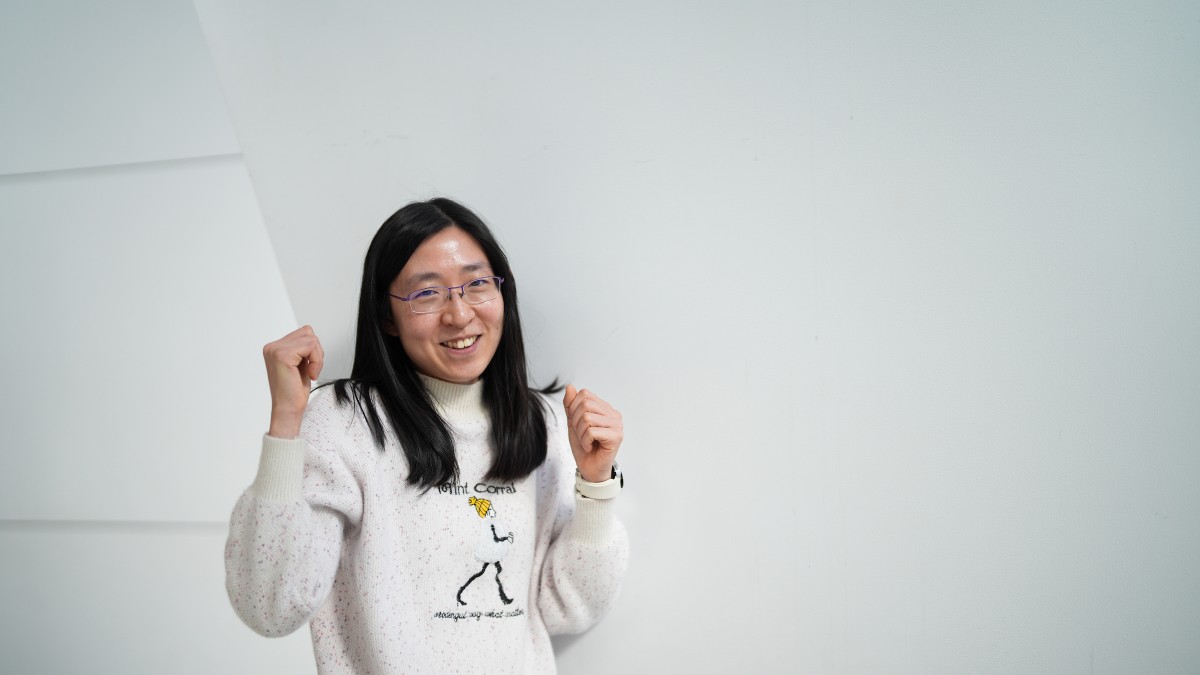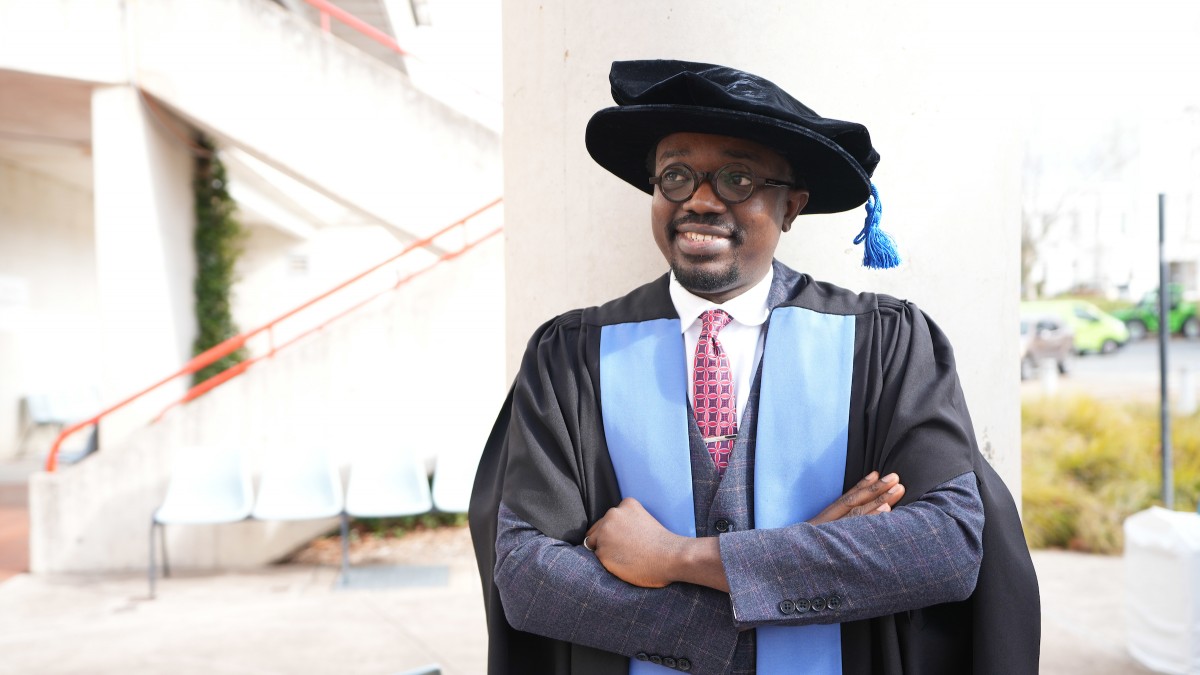Why is it that women-led countries have been so successful in their response to COVID-19?
This was the first question asked to five fearless female leaders* at the College of Health and Medicine International Women’s Day panel discussion.
Without hesitation the answer was clear:
“Their ability to be vulnerable and emotionally connect with the communities they are representing,” says Azure Hermes.
This ability to be vulnerable stands outside of the traditional traits we imagine in our leaders. Women are increasingly showing this characteristic, however, combining compassion with clear and decisive action.
“I’m impressed with the current generation of women who are being themselves. They are allowing themselves to be vulnerable. To be a women leader as opposed to leading like a man,” says Professor Tracey Smart.
Professor Smart further debates the concept that being a compassionate leader is a weak leader.
“Don’t get confused between emotion and passion. I’m not afraid to show passion,” she says.
“It motivates people. I’m speaking with passion because it’s a topic I know about and feel very passionate about. And that’s very different from being emotional.”
“Our compassion, empathy and emotion is what makes us better and stronger leaders,” agrees Rose Clifford.
Another defining factor of successful women in power during the pandemic has been their ability to combine this passion with neutrality – the ability to listen to others in an unbiased way.
“They did not listen through themselves or through what it meant for them,” says Professor Lyndall Strazdins.
“That is something these leaders put forward in how they approached crises where quick, decisive, direct action is needed. I think it comes back to what it means to work like a woman, and how might we achieve a world where everyone can do that.”
Indeed, this concept of what it means to ‘work like a woman’ or ‘work like a man’ is something the panel wants to see fundamentally reimagined.
“We’ve imagined gender equality as a project where we get women to ‘catch up’... that women can somehow remove the barriers and then they will 'look' like men,” says Strazdins.
“The very thing we are asking women to sign up to is the thing that has never delivered equality before, and will never deliver it now.”
Seeing gender equality as women holding senior roles, working the same hours and earning the same money as their male counterparts misses the point entirely. We need to ask the question: how can we reimagine work as something that everyone can do and doesn’t create a binary situation?
“One that doesn’t say you can only do this if you’re self-interested, if you jettison your care, if you jettison your love and passion for the community, if you jettison other parts of yourself and other people. And that to me is the project that gender equality has to take,” says Strazdins.
Indeed, Dr Lillian Smyth offers advice to men who want to be allies in this space:
“Consider working more like a woman,” she says.
“We are instructed to work more like a man: say no to things, be self-interested, and to focus on our career paths. I would encourage our male colleagues to think more like a woman: try to be more collaborative, to be supportive, take on roles that serve you in no way and that serve the community.”
“Men can also play an important role in helping reframe our thoughts,” says Donelle Claudianos. I catch myself using language like allow, ‘my husband allows me to work hard and focus on my career’. We need to change this language, and think ‘empower’ rather than ‘allow’.”
Gender equality needs to enable men and women – and non-binary – to work and care. Gender equality needs a mission that brings the roles of men and women together, a voice that articulates this, and a system that serves them equally.
*The College of Health and Medicine IWD event was chaired by Donelle Claudianos, General Manager of the College of Health and Medicine (far left). The panel included (left to right):
- Professor Lyndall Strazdins – Director, CHM Research School of Population Health
- Professor Tracy Smart – Public Health Lead for the ANU COVID Response Office
- Rose Clifford – PhD Researcher and mental health advocate, CHM Research School of Psychology
- Dr Lillian Smyth – Senior Lecturer and Educational Psychology Researcher, ANU Medical School
- Azure Hermes – Deputy Director, National Centre for Indigenous Genomics, John Curtin School of Medical Research
The event also hosted the art exhibition: Imperfect Bodies of Research. A collection of artwork from female-identifying academics as part of an interdisciplinary workshop series. The workshop is a collaboration of Dr Lillian Smyth, A/Prof Krisztina Valter-Kocsi, and A/Prof Alexandra Webb from the ANU Medical School, and visual art lead Ms Elisa Crossing. Workshop funded by the ANU Gender Institute.










